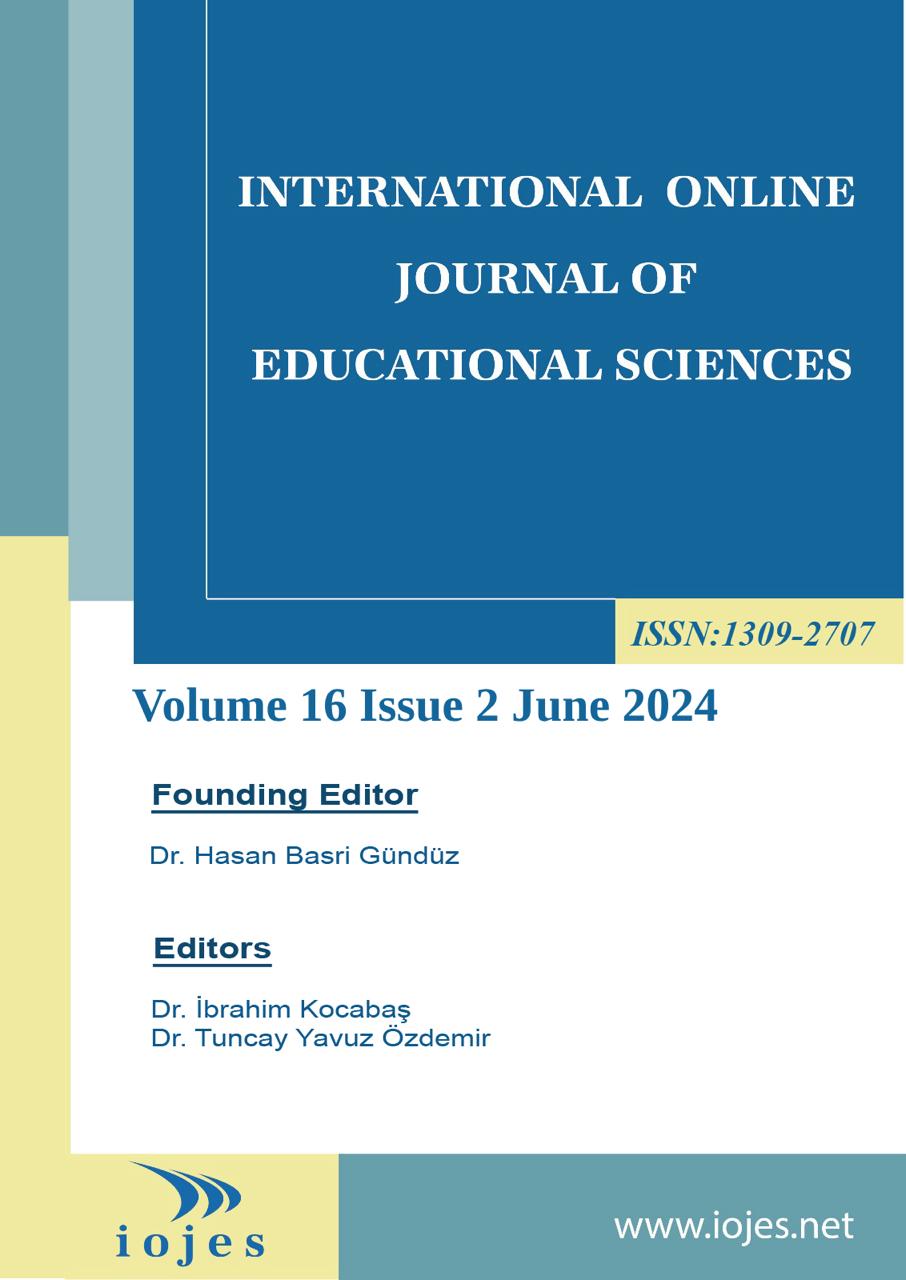Author :
Abstract
Keywords
Abstract
In this study, the thoughts of the eighth grade students of secondary schools located in the central district of Bolu in the 1st term of the 2022-2023 academic year on the concept of "new generation questions" were tried to be revealed through metaphor. Phenomenology, one of the qualitative research methods, was used in this study, which aims to reveal and examine the metaphorical meanings that students attribute to the concepts of "new generation questions". The study group of the research consists of a total of 315 students studying in the eighth grade of secondary schools located within the borders of the central district of Bolu province in the 1st term of the 2022-2023 academic year. Information about the study group is given in Table 1 below. In order to collect the research data, a semi-structured interview form used in the qualitative research method was used as a data collection tool. In the analysis of the data, content analysis consisting of coding, finding the themes, organizing the data according to the codes and themes was used. Within the scope of the findings, 214 opinions on the thoughts of secondary school students on "New generation questions" were reached. The 214 views reached were grouped in terms of having common features and divided into 9 main themes. These themes are “Mental Depression, Confusion / Incomprehensibility, Attention, Effort, Despair, Strain, Disappointment, Disruption, Other”. It has been determined that the most frequently used dominant metaphors are "thorn, labyrinth, puzzle, covit-19 and death". It was seen that the obtained data supported the metaphors created by the explanations of the eighth grade students about the concept of "new generation questions". When the data of the participants were examined, it was seen that the metaphors they had about the concept of "new generation questions" were very high negative and very low positive.





